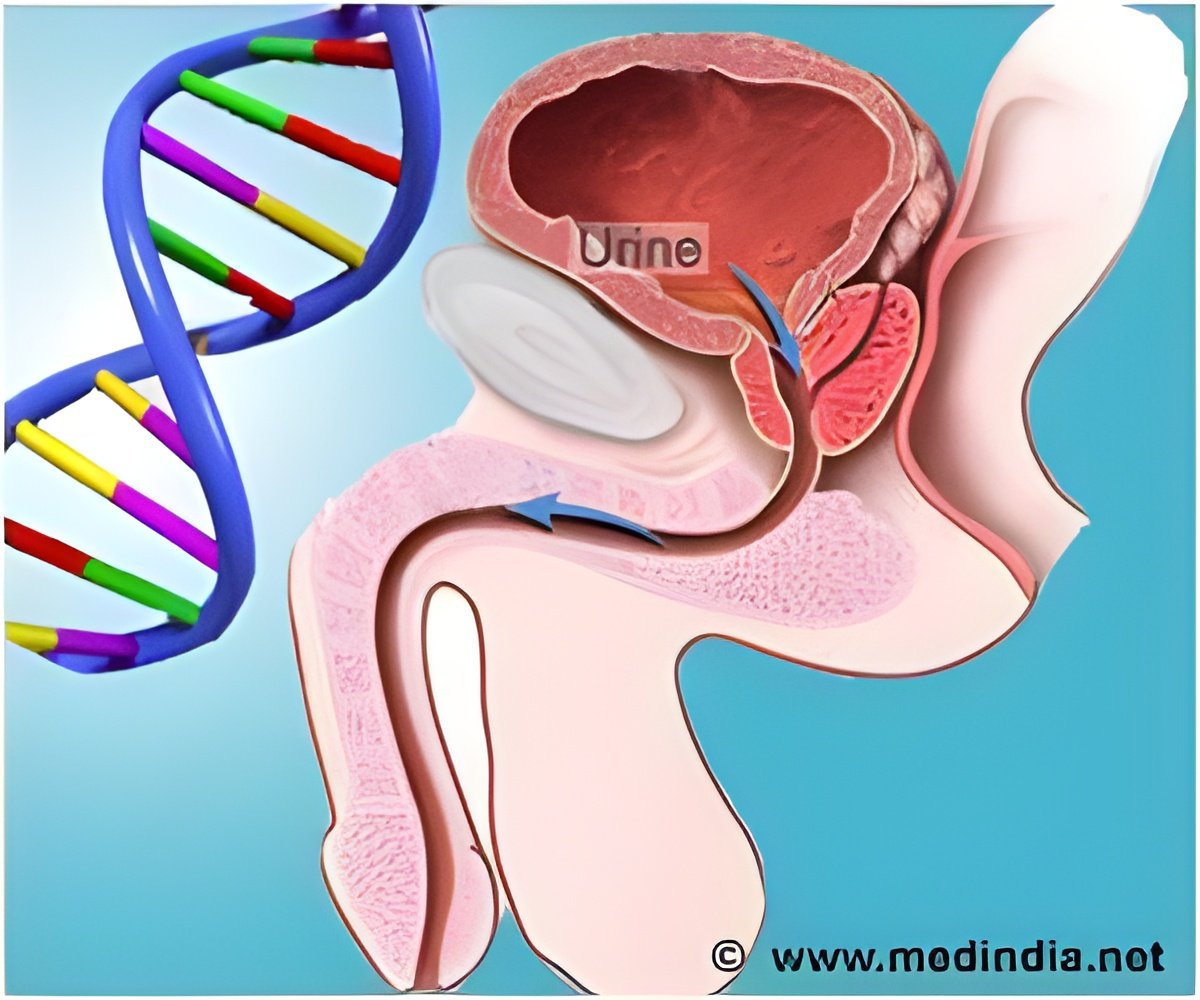A diet low in omega-6 and high in omega-3 fatty acids, along with fish oil supplements, may slow prostate cancer growth in patients undergoing active surveillance.

A low omega-6, omega-3 rich diet and fish oil may slow prostate cancer growth, UCLA study finds
Go to source). The study, published in the Journal of Clinical Oncology, found that a diet low in omega-6 and high in omega-3 fatty acids, along with fish oil supplements, notably slowed the growth of prostate cancer cells in men with early-stage disease.
‘Did You Know?
People who eat seafood rich diet (fish and shellfish) at least once a week are less likely to die of heart disease than those who rarely or never eat seafood. #medindia #seafood #diet’





People who eat seafood rich diet (fish and shellfish) at least once a week are less likely to die of heart disease than those who rarely or never eat seafood. #medindia #seafood #diet’
Advertisement
Simple Dietary Adjustments as a Strategy to Delay Aggressive Treatments
“This is an important step toward understanding how diet can potentially influence prostate cancer outcomes,” said Dr. William Aronson, Professor of Urology at the David Geffen School of Medicine at UCLA and first author of the study. “Many men are interested in lifestyle changes, including diet, to help manage their cancer and prevent the progression of their disease. Our findings suggest that something as simple as adjusting your diet could potentially slow cancer growth and extend the time before more aggressive interventions are needed."Many men with low-risk prostate cancer choose active surveillance over immediate treatment, however, within five years, about 50% of these men eventually need to undergo therapy with either surgery or radiation. Because of this, patients are eager to find ways to delay the need for treatment, including through dietary changes or supplements. However, specific dietary guidelines in this area have yet to be established. While other clinical trials have looked at increasing vegetable intake and healthy diet patterns, none have found a significant impact on slowing cancer progression.
Advertisement
Study Design
To determine whether diet or supplements can play a role in managing prostate cancer, the UCLA-led team conducted a prospective clinical trial, called CAPFISH-3, that included 100 men with low risk or favorable intermediate risk prostate cancer who chose active surveillance. Participants were randomly assigned to either continue their normal diet or follow a low omega-6, high omega-3 diet, supplemented with fish oil, for one year.Advertisement
Personalized Dietary Counseling for the Intervention Group
Participants in the intervention arm received dietary personalized counseling by a registered dietician nutritionist, either in-person, through telehealth or by phone. Patients were guided on healthier, lower fat alternatives for high fat/high calorie foods (such as using olive oil or lemon and vinegar for salad dressing), and on reducing consumption of foods with higher omega-6 content (such as, chips, cookies, mayonnaise and other fried or processed foods). The goal was to create a favorable balance of their intake of omega-6 and omega-3 fats and make participants feel empowered to control how they change their behavior. They were also given fish oil capsules for extra omega-3s. The control group did not get any dietary counseling or take fish oil capsules.The researchers tracked changes in a biomarker called the Ki-67 index, which indicates how fast cancer cells are multiplying—a key predictor of cancer progression, metastasis and survival.
Same site biopsies were obtained at the start of the study and again after the one-year mark, using an image fusion device that helps track and locate the cancer sites.
Significant Reduction in Cancer Cell Growth in the Intervention Group
Results showed that the low omega-6, omega-3 rich diet and fish oil group had a 15% decrease in the Ki-67 index, while the control group saw a 24% increase.“This significant difference suggests that the dietary changes may help slow cancer growth, potentially delaying or even preventing the need for more aggressive treatments,” said Aronson, who is also the Chief of urologic oncology at the West Los Angeles Veterans Affairs Medical Center and member of the UCLA Health Jonsson Comprehensive Cancer Center.
While the results are promising, researchers did not find any differences in other cancer growth markers, such as Gleason grade, which are commonly used to track prostate cancer progression.
Need for Further Research
The investigators caution that further research is necessary to confirm the long-term benefits of omega-3 fatty acids and lowering omega-6 in managing prostate cancer. The findings support further, larger trials to explore the long-term impact of dietary changes on cancer progression, treatment outcomes and survival rates in men on active surveillance.Reference:
- A low omega-6, omega-3 rich diet and fish oil may slow prostate cancer growth, UCLA study finds - (https://www.uclahealth.org/news/release/low-omega-6-omega-3-rich-diet-and-fish-oil-may-slow-prostate)
Source-Eurekalert















